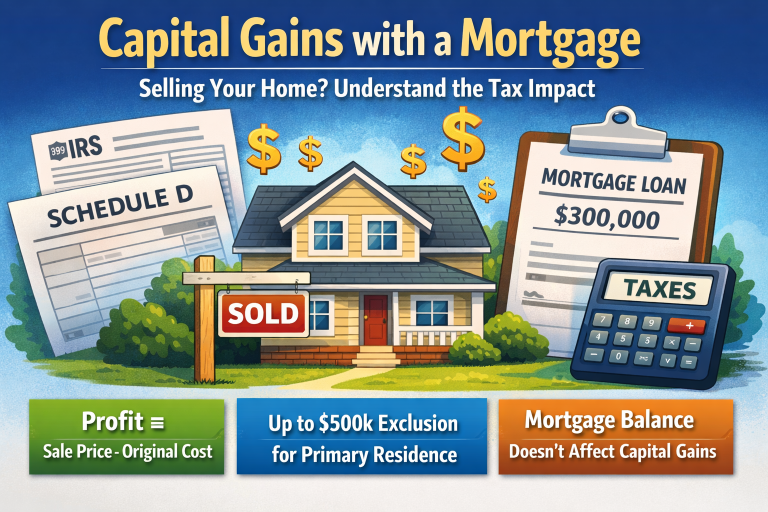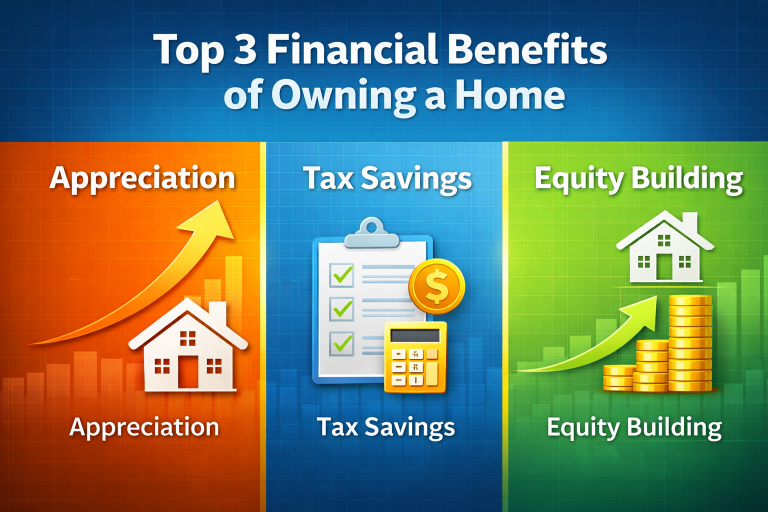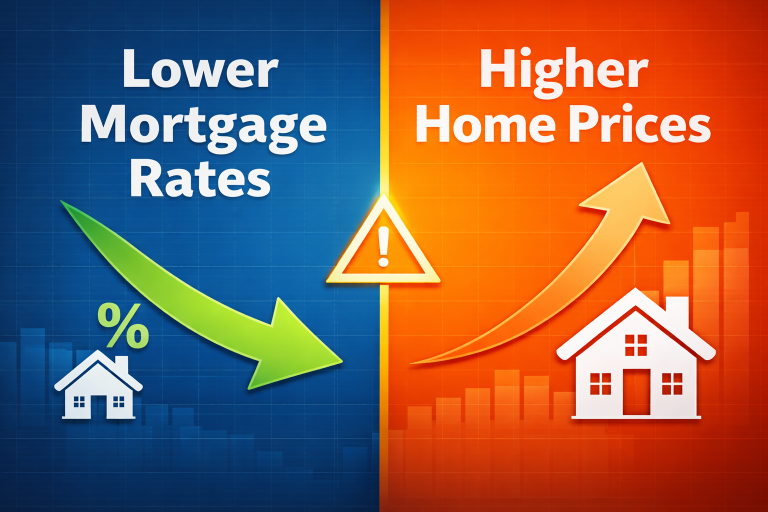When you invest in real estate, one of the first decisions you face is whether to focus on cash flow—steady monthly income—or appreciation—long-term property value growth. Both can build wealth, but the path you choose should reflect your financial goals, risk tolerance, and local market conditions. Understanding the strengths and trade-offs of each approach can help you buy with confidence and avoid surprises.
What Cash Flow Really Means
Cash flow is the money left over each month after you collect rent and pay all expenses: mortgage, property taxes, insurance, maintenance, and reserves. A cash-flow-focused investor looks for properties that produce a positive balance right away.
Advantages:
-
Immediate income: Extra monthly cash can supplement your salary, pay down debt, or be reinvested in more properties.
-
Cushion against downturns: Even if home prices dip, strong cash flow can help you ride out market cycles.
-
Financing flexibility: Reliable income can support additional loans or refinancing in the future.
Challenges:
-
Markets with lower appreciation: Areas that produce the highest cash flow—often lower-priced or slower-growth regions—may not see big long-term value jumps.
-
Maintenance intensity: Older or inexpensive properties can carry higher repair costs, cutting into your profits.
The Case for Appreciation
Appreciation occurs when your property’s value increases over time, either from natural market growth or improvements you make. An appreciation-focused strategy often means buying in a desirable location, even if the monthly cash flow is minimal or slightly negative.
Advantages:
-
Large equity gains: Over years or decades, rising property values can significantly increase your net worth.
-
Tax benefits on sale: Long-term capital gains rates can be lower than ordinary income tax rates.
-
Higher-quality properties: Homes in strong appreciation markets often attract reliable tenants and may require less upkeep.
Challenges:
-
Limited immediate income: You may need to cover part of the mortgage or expenses out of pocket.
-
Market risk: Appreciation depends on economic growth, so a downturn can stall or reverse gains.
How to Decide Which Fits You
Start by assessing your personal finances and goals. If you need extra monthly income to support your lifestyle or to qualify for more loans, cash-flow properties might be the best match. If you have strong cash reserves, a stable income, and a long investment horizon, you might lean toward appreciation.
Consider these questions:
-
Time horizon: Are you investing for short-term income or long-term wealth building?
-
Risk tolerance: Can you handle potential negative cash flow if the market dips?
-
Local market trends: Some areas naturally favor cash flow (Midwest, certain Southern cities), while others—coastal metros, high-growth tech hubs—tend toward appreciation.
-
Financing costs: Higher interest rates make strong cash flow harder to achieve, which might nudge you toward appreciation plays if you can hold long term.
Blending the Two
Many experienced investors aim for a hybrid strategy: solid, if modest, cash flow with reasonable appreciation potential. For example, buying in an up-and-coming neighborhood where rents cover expenses and property values are likely to grow. Small improvements—like updating kitchens or adding amenities—can also boost both rent and value.
The Bottom Line
Neither strategy is “better” in every situation. Cash flow gives you reliable income and a buffer against market swings. Appreciation can supercharge wealth over decades. The right path depends on your finances, your timeline, and the markets you invest in. Define your goals first, then choose properties that match those goals—not the other way around.
When you know what you want out of real estate, your decision between cash flow and appreciation becomes much clearer.
Looking to buy rental property get a free rate quote today!
Share:
RELATED MORTGAGE ADVICE FROM SCOTT SHELDON
Building on Land or Manufactured Homes – The Hidden Costs You Need to Know
For many buyers, the idea of buying a vacant parcel of land and building their…
Capital Gains with a Mortgage – What Homeowners Need to Know
Many homeowners assume that selling a house with an existing mortgage complicates their tax situation—but…
View More from The Mortgage Files:
begin your mortgage journey with sonoma county mortgages
Let us make your mortgage experience easy. Trust our expertise to get you your best mortgage rate. Click below to start turning your home dreams into reality today!



